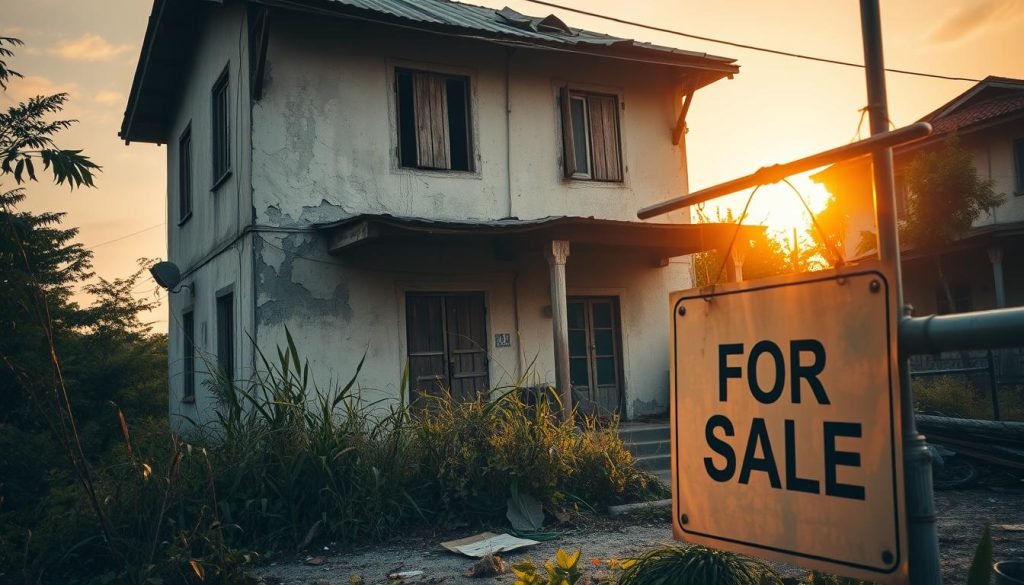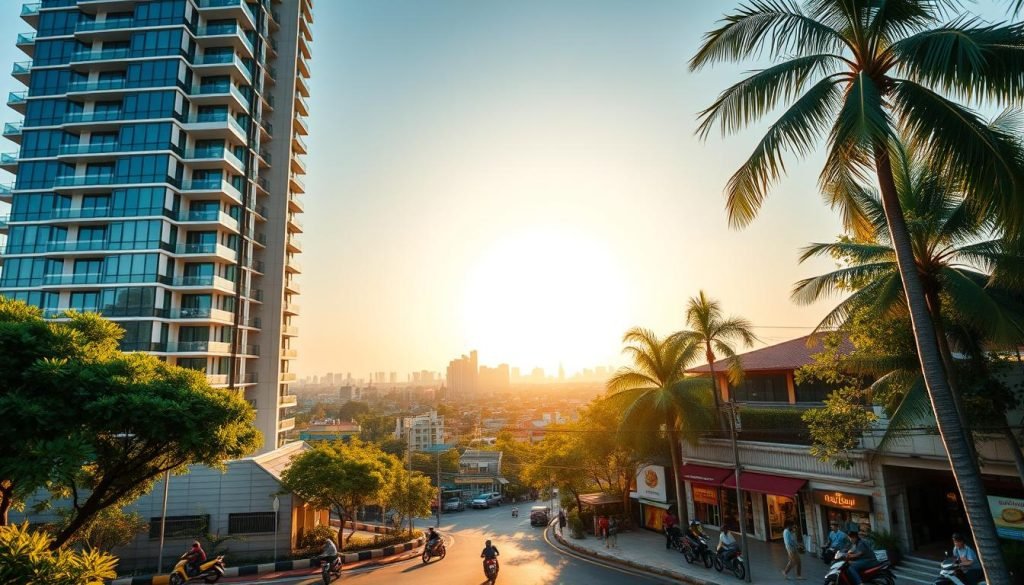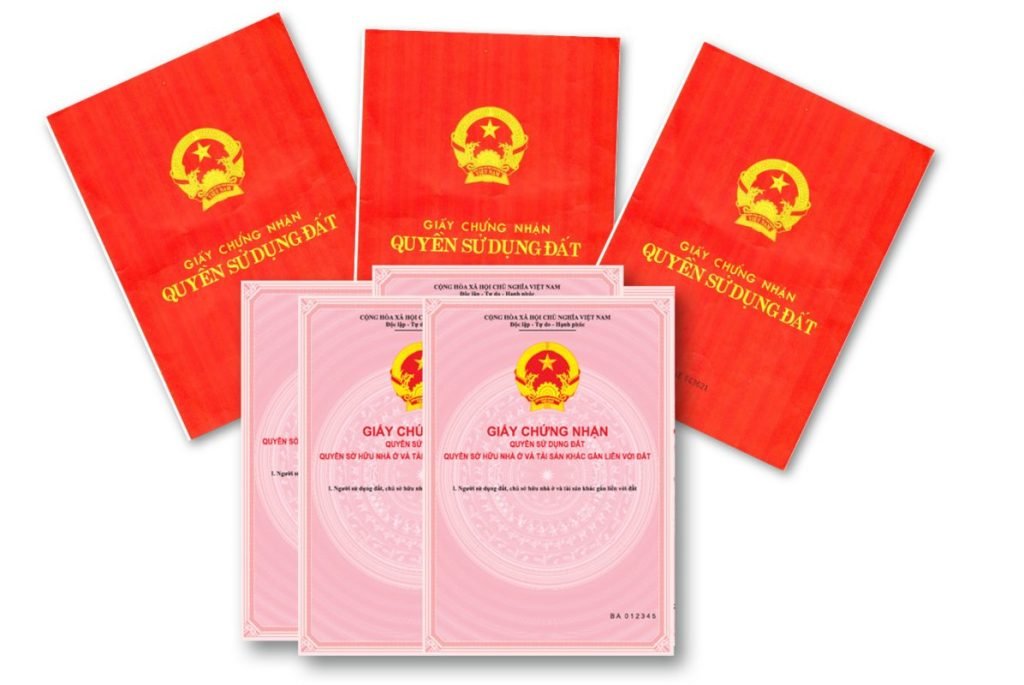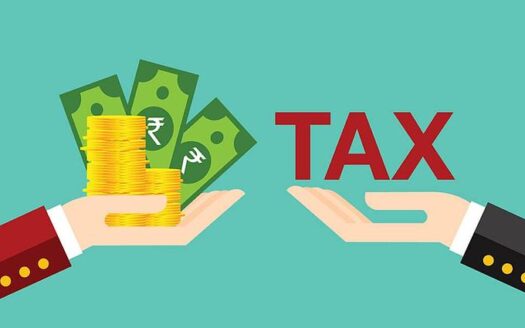7 Common Mistakes to Avoid When Buying Property in Vietnam

Buying real estate in a foreign country can be tough. It’s filled with unknown laws and rules. You might be attracted to Vietnam’s growing economy and good investment chances.
The Vietnamese government has made new laws to draw in foreign investors. This makes it easier for outsiders to own property. But, there are many possible pitfalls to watch out for. Reports say the real estate market in Vietnam is set to grow. This is thanks to foreign investment and new infrastructure.
Key Takeaways
- Understand the local laws and regulations
- Research the market thoroughly
- Be aware of possible investment risks
- Work with reputable real estate agents
- Consider the long-term effects of your investment
The Vietnamese Real Estate Market for Foreign Investors
Foreign investors are attracted to Vietnam’s booming real estate market. The country’s fast economic growth is a big draw. The government is working hard to make the economy more open and welcoming to foreign investors.
Current Market Trends and Opportunities
The Vietnamese real estate market is growing fast. There’s a big demand for homes and commercial spaces. Smart cities, eco-friendly projects, and luxury homes are in high demand. Foreign investors can find good opportunities by focusing on these trends.
Legal Framework for Foreign Ownership
Vietnam has made it easier for foreigners to own property. There are clear laws in place to guide foreign investment. The Law on Residential Housing 2014 and the Law on Real Estate Business 2014 are key. Now, foreigners can own apartments and houses, but there are some rules to follow.
| Key Regulations | Description | Impact on Foreign Investors |
|---|---|---|
| Law on Residential Housing 2014 | Allows foreigners to own apartments and houses | Increased security and transparency for foreign investment |
| Law on Real Estate Business 2014 | Regulates the real estate market and business operations | Provides a clear framework for foreign investors to operate in the market |
Legal Mistakes in Vietnam Property Transactions
Foreigners buying property in Vietnam face a complex legal landscape. It’s key to avoid common mistakes that could harm your investment. Knowing the legal rules for owning property is essential for a smooth transaction.
Mistake #1: Misunderstanding Ownership Rights and Restrictions
One big expat error is not understanding ownership rights and restrictions in Vietnam. Foreigners can own property, but there are laws on what they can own and for how long. For example, they can own apartments but not always land. It’s important to know these rules to avoid legal trouble.
To steer clear of this Vietnam property mistake, learn about the Land Law and other key laws. Getting advice from a skilled lawyer in Vietnamese property law is very helpful. They can guide you and help you make smart choices.
Mistake #2: Inadequate Due Diligence on Property Documents
Another big expat error is not doing enough research on property documents. This means checking who owns the property, if there are any debts or disputes, and if all documents are correct. Not doing this can lead to expensive legal fights and even losing your property.
To lower this risk, work with a reliable local lawyer. They can help you through the process and make sure all documents are right. This step is key to avoiding Vietnam property mistakes that could cost you a lot of money in the long run.
By knowing these common legal mistakes and taking steps to avoid them, you can safeguard your investment. This way, you can have a successful experience owning property in Vietnam.
Financial Errors When Investing in Vietnamese Real Estate
Investing in Vietnam’s real estate market needs careful planning. As a foreign investor, you might face financial pitfalls. Knowing these mistakes helps you make better choices.
Mistake #3: Underestimating Total Investment Costs
Many investors underestimate the costs of buying and owning property in Vietnam. Costs include more than just the purchase price. You should also think about:
- Transfer fees
- Registration fees
- Notary fees
- Legal fees
- Ongoing maintenance costs
These costs can quickly add up. Not planning for them can hurt your budget. To avoid this, research well and talk to financial advisors. They can help you understand all the costs involved.
| Cost Type | Description | Estimated Cost |
|---|---|---|
| Transfer Fees | Fees associated with transferring property ownership | 1-2% of property value |
| Registration Fees | Fees for registering the property with local authorities | 0.5-1% of property value |
| Notary Fees | Fees for notarizing property documents | $100-$500 |
Mistake #4: Overlooking Tax Obligations and Financial Regulations
Another big mistake is ignoring tax obligations and financial rules. As a foreign property owner in Vietnam, you face taxes like VAT and personal income tax. You must also follow financial rules, like those on payments and financing.
For instance, there are rules on how much you can borrow as a foreign buyer. Knowing these rules helps you manage your investment’s finances.
“Tax compliance is key for foreign property owners in Vietnam. Not following the rules can lead to big penalties and fines.”
To avoid these mistakes, team up with a trusted financial advisor or tax consultant. They should know Vietnamese laws well. They can guide you on taxes and financial rules.
Common Vietnam Property Pitfalls for Foreign Buyers
Investing in Vietnam’s property market can be very profitable. But, foreign buyers must watch out for common mistakes to make sure their investment is successful. Knowing these pitfalls is key, as Vietnam’s real estate market is booming.
Mistake #5: Selecting Inappropriate Locations for Your Investment Goals
Choosing the right location is vital when investing in Vietnamese real estate. Think about local demand, infrastructure, and future growth. Areas near major transportation or tourist spots usually have better rental yields and value growth.
Key considerations for location selection include:
- Proximity to amenities and services
- Local economic growth indicators
- Development plans for the area

Mistake #6: Failing to Verify Developer Reputation and Track Record
It’s important to check the developer’s reputation and track record. Look into their past projects, customer feedback, and any legal troubles. A well-known developer is more likely to deliver a quality project on time.
To verify a developer’s reputation, you can:
- Check online reviews and testimonials
- Ask for references from previous clients
- Research their standing with local real estate authorities
Property Management and Long-term Considerations
As a foreign investor, you must think beyond the initial purchase. You need to plan for the ongoing management of your Vietnamese property. Effective property management is key to maximizing your returns and ensuring long-term success.
Mistake #7: Neglecting Post-Purchase Management Planning
One common expat error is neglecting post-purchase management planning. This includes arranging for property maintenance, handling tenant relations, and ensuring compliance with local regulations. You should consider hiring a reputable property management company to oversee your property’s day-to-day operations.
Proper planning can help avoid issues like property damage or disputes with tenants. With a detailed management plan, you can protect your investment and keep it valuable.
Rental Market Realities and Return on Investment
Understanding the rental market in Vietnam is vital for a strong return on investment. You need to research the local rental market, including demand, average rental yields, and seasonal fluctuations. This information helps you set competitive rental prices.
You should also consider the possibility of capital appreciation and your investment’s overall performance. By staying informed about market trends and adjusting your strategy, you can maximize your returns and reach your investment goals.
Conclusion: Securing Your Vietnamese Property Investment
Buying property in Vietnam can be complex. But with the right guidance, foreigners can avoid common mistakes. It’s key to understand the local market, laws, and regulations, and the Vietnam property pitfalls.
As a foreign buyer, knowing about buyer pitfalls helps a lot. Avoiding mistakes like not understanding ownership rights or underestimating costs is important. Also, planning for post-purchase management is vital for a profitable investment.
To make a successful investment in Vietnam, stay informed and seek professional advice when needed. This way, you can take advantage of the opportunities in Vietnam’s real estate market. And you’ll reach your investment goals.
FAQ
What are the most common mistakes foreigners make when buying property in Vietnam?
Foreigners often get confused about who owns what and where. They don’t check property documents well. They also don’t think about all the costs and taxes.
They pick the wrong places and don’t check who they’re buying from. And they forget about what to do after they buy.
What are the laws and regulations governing foreign ownership of property in Vietnam?
The Land Law and the Law on Real Estate Business explain it all. Foreigners can own property, but there are rules and limits.
How can I ensure that my Vietnamese property investment is successful?
Do your homework and know the local market. Be aware of the risks. Work with trusted developers and check the documents.
Plan for what to do after you buy. This will help your investment succeed.
What are the total investment costs associated with buying property in Vietnam?
Costs include the price, taxes, fees, and more. These can change based on where you buy and what you buy.
How can I verify the reputation and track record of a Vietnamese property developer?
Look up their past projects and check for any issues. Ask for feedback from others who bought from them.
What are the rental market realities and potentials returns on investment in Vietnam?
Returns depend on where you buy and what it is. Research the local market to understand the possibilities.
What are the key considerations for post-purchase management planning in Vietnam?
Think about how to make money from renting, keeping the property up, and following the rules. Consider hiring a property manager for the daily tasks.










